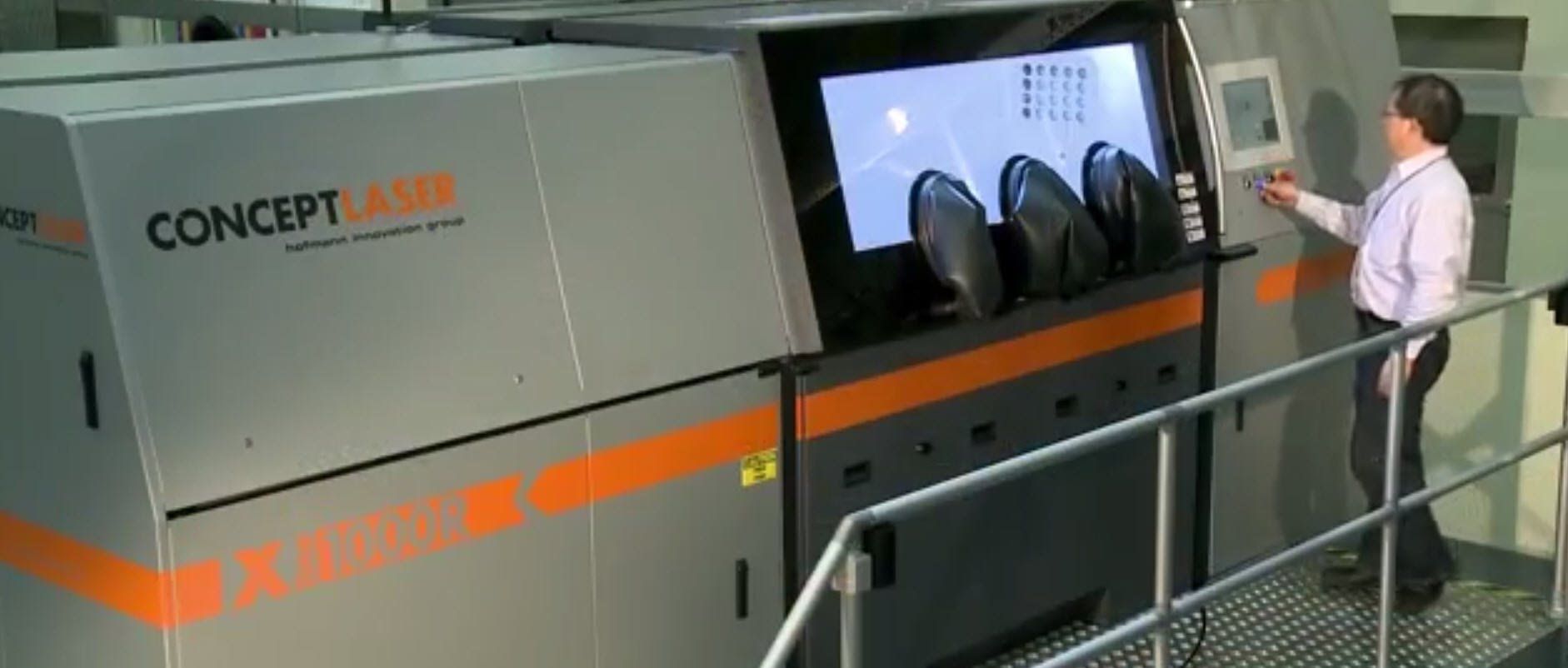
Innovation is all the buzz in Asia. Australia, China, Korea, Vietnam, and now lets look at India.
Personally, I believe there is great potential in India for some amazing innovations. Just look at their own historical sites and artifacts, art, etc.; no one can claim creativity, imagination, etc. does not exist. And, not to mention the engineering feats that have been proven by India many times.
India has moved 16 rungs up the global ranking for innovation in 2016, as compared to 2015, but still remains a lowly 66th, well below Malaysia and Vietnam, leave alone China in the middle-income category and far below countries like South Korea and Japan, and other high-income innovation hubs like Switzerland, the US, the UK and Singapore. What can be done to make India a hub of innovation? Improve the quality of education across all levels. A technology policy that incentivises genuine R&D is required. Ease of entry and exit of firms, competition, a vibrant financial sector that allocates capital to new profit potential, a culture of entrepreneurship and an end to failure-shaming would help. The least obvious requirement is political empowerment of the common man.
Continue reading “How to make India an innovation hub” »

















